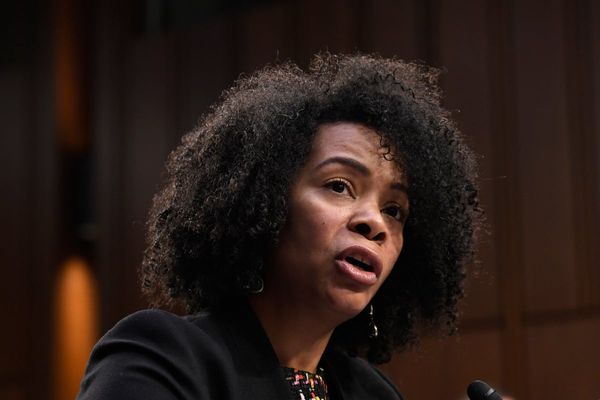The UK cost of living has risen by up to 5.4% in the 12 months to December.
This is the highest rate of increase in 30 years. According to Office for National Statistics (ONS), the Consumer Prices Index measure saw the rate of inflation rise even further from the 5.1% recorded in November, which was driven by housing and transport.
The rate continues to be above the Bank of England's 2% inflation target.
Separate ONS figures, which were issued on Tuesday, showed that average pay rises are failing to match with the rise in the cost of living.
Read more: Covid briefing: Six things as Mark Drakeford says he has 'nothing to apologise for' over Covid rules
Regular pay, which excluded bonuses and were adjusted for inflation, decreased by 1% in November in comparison to the same month in the previous year (2020).
Commenting on today's inflation figures for December, ONS Chief Economist Grant Fitzner said: "The inflation rate rose again at the end of the year and has not been higher for almost 30 years.
"Food prices again grew strongly, while increases in furniture and clothing also pushed up annual inflation.
"These large rises were slightly offset by petrol prices, which despite being at record levels were stable this month, but rose this time last year.
"The closures in the economy last year have impacted some items but, overall, this effect on the headline rate of inflation is negligible."
In response to the latest figure on inflation, the CBI Wales Director, Ian Price, said it was likely that households would face a "cost-of-living crunch" for much of 2022.
He added: "We've not seen the end of rising inflation yet. We expect it to peak in the months ahead, not least if, as expected, the energy price cap is raised.
"With prices on the rise and real wages already falling, it’s likely households will face a cost-of-living crunch for much of this year.
"And with price pressures further up the supply chain still strong, the cost of doing business will also continue to climb sharply.
"It's now vital that the Government comes forward with urgent solutions to protect the most vulnerable consumers, who will struggle most with anticipated price rises. Solutions must also be found for firms that are struggling with ever-growing cost burdens, especially energy-intensive businesses.
"This should be a precursor to longer-term energy market reforms needed to build resilience against future energy price shocks."
To get the latest news from WalesOnline sent to your email inbox click here.







